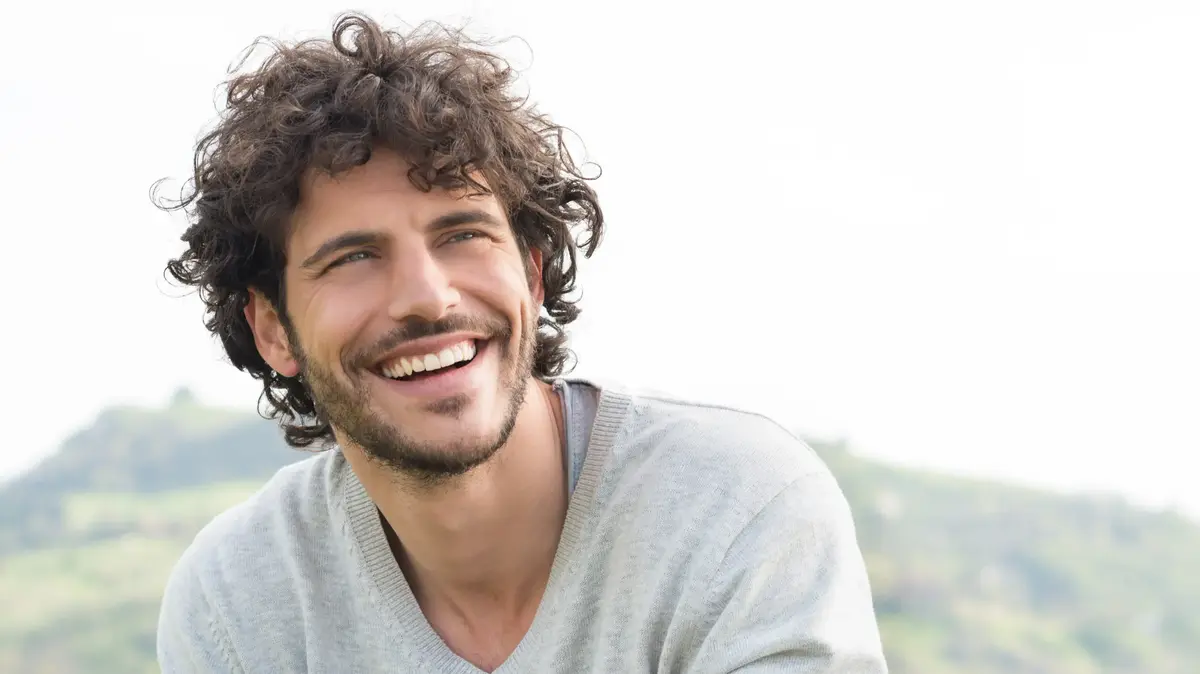We live in a society of overabundance, where it seems that we have everything and everything happens too quickly.
We have stopped appreciating or recognizing the good that happens to us, thanking how much we have, knowing how to value how privileged we are.
The immediacy, the inadequate way in which we read life has condemned us to perpetual dissatisfaction.
We have become true experts in focusing on the negative, detracting from what we achieve, focusing only on what we lack.
Always thinking that we do not have enough, wishing just what we lack, envying the good luck of others.
Showing great difficulty in living in the here and now.
More information
Playing with mud: when getting dirty is totally worth it
How to Raise Successful and Happy Children
I was lucky to have an art history teacher who gave me one of the most important lessons of my life.
He taught me that gratitude is the greatest of virtues, the pillar of well-being.
What is the memory of the soul, the one that opens the door to happiness.
Without a doubt the most important purpose for all families is that their children be happy.
And that happiness happens through being able to develop in them the habit of thanking and feeling grateful, the basis of emotional education.
To be grateful is learned and the more it is practiced daily, the better it will be integrated into the personality.
Being grateful is essential to fully appreciate and enjoy life and the people who share it with us.
To live with full attention appreciating every detail from day to day, focusing on what makes us feel good.
To be able to value what we are, what we achieve, what we have.
Gratitude makes us live in harmony and with a high degree of satisfaction, it gives peace to our present and optimism to our future.
It predisposes the heart to amazement, to know how to value every little detail with which life gives us daily.
Giving thanks connects us with ourselves, energizes us, makes us great.
Gratitude is the healthiest and most enriching emotion for the body.
It is the virtue of recognition, assessment and fair response.
Besides making us feel good, it is good for the mind and body.
Few values are more beneficial.
Many are the advantages that gratitude has on our health, behavior and
internal chemistry.
Gratitude enhances our illusion, generates peace of mind, improves our rest and helps reduce stress and depression levels by releasing endorphins and oxytocin.
Practicing it improves our self-knowledge and emotional self-regulation, enhances our self-esteem and strengthens our immune system.
Gratitude connects us with love, with peace, security, and trust.
With abundance, positivity and inner joy.
It has a healing and empathic power for those who give and receive it.
It can transform the brain, and therefore our lives.
Children raised in appreciation are much more empathetic, they learn to bring out the best in others, and they develop positive leadership.
They are less negative, have better interpersonal connections, and show greater tolerance for frustration.
To educate in gratitude is to teach to feel the privilege of living, dreaming and loving.
To appreciate the small details, the beauty of simple things, to learn to be happy without anything extraordinary having happened.
To value the people who take care of us and accompany us.
Gratitude is educated with our daily example, with patience and perseverance.
Being very aware that it goes much further than simply giving thanks.
How can we get it?
1. Being aware of the importance of this value as a strategy to overcome difficulties and the benefits it brings us as a method of healing, stability and positive awareness.
2. Becoming the best role model that our little ones can have: giving thanks whenever we can, sharing with them everything we get thanks to our efforts, explaining how happy it makes us to have people who love us by our side and cares for us.
3. Helping them pay attention to all the good things that they have or that happen to them.
Making them aware of how privileged they are in many aspects of their life: at school, in the family, with their friends.
4. Teaching them to be grateful not only with words but also with gestures, with hugs that surround them, with words that caress or kisses that spread happiness.
5. Explaining the importance of surrounding ourselves with people with a positive and grateful attitude who help them add.
Learning to identify those who do not bring them positive things.
6. Establishing daily gratitude rituals that help them to connect with the present, to know why we have to be grateful, to value every little achievement and to look to the future with optimism.
Writing a gratitude journal or making thank you cards can be a good resource.
7. Helping them to reflect on what others need or want, reminding them of the importance of thanking each person who accompanies them along the way, who helps them and trusts them.
8. Encouraging them to help those who need it: at home fulfilling assigned tasks, at school having a good attitude in class or collaborating with a classmate who shows difficulties, respecting adults.
May we be able to ensure that adults and children never forget this Jewish proverb "He who gives must never remember again, but he who receives must never forget"
You can follow De mamas & de papas on
,
or sign up here to receive
our weekly newsletter
.





/cloudfront-eu-central-1.images.arcpublishing.com/prisa/7QU636FY4BGCHIYJHGSNPBQJWI.jpg)

/cloudfront-eu-central-1.images.arcpublishing.com/prisa/ENOKQHD33NAGRAFBPP45GKFJGM.jpg)
/cloudfront-eu-central-1.images.arcpublishing.com/prisa/YU6JYS64KNDZNHHGXA3QMTYNGY.jpg)



/cloudfront-eu-central-1.images.arcpublishing.com/prisa/KMEYMJKESBAZBE4MRBAM4TGHIQ.jpg)


